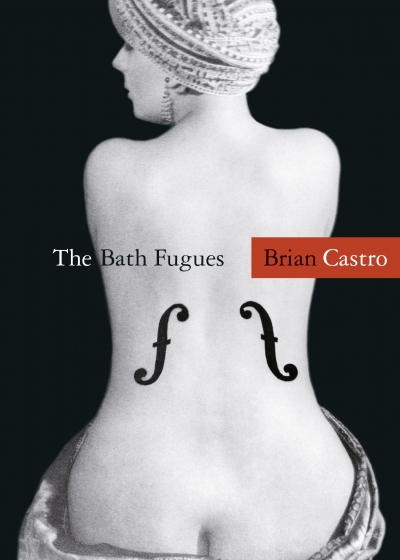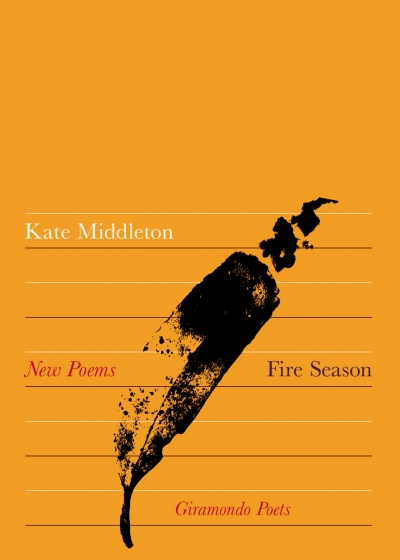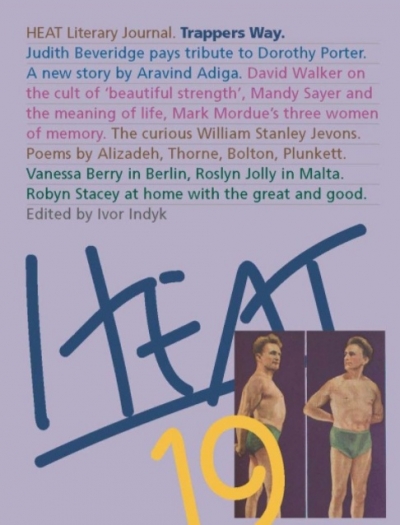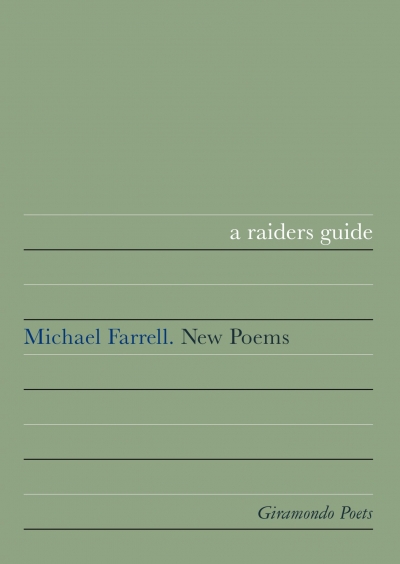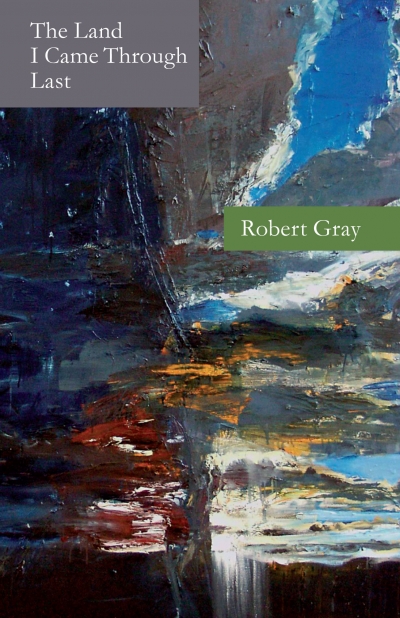As with most issues of HEAT, The Persistent Rabbit is consistently excellent. Still, there are degrees of excellence. Compare the essay by Barry Hill with those by Chris Andrews and Stuart Cooke. Hill’s discussion of Ezra Pound’s Orientalism is proof (which these days we need) that scholarly rigour need not be obscure and, conversely, that accessibility doesn’t equal dumbing down. Plus, Hill writes majestically and, when appropriate, with sardonic wit or bluntness. Andrews and Cooke have both written fascinating, commendable essays, Andrews on the Argentinean novelist César Aira, and Cooke on two Mapuche (indigenous Chilean) poets, Leonel Lienlaf and Paulo Huirimilla. But in contrast to Hill’s essay, their pieces are less alive, less complete, less exhilarating. In this issue, the fiction resonates more powerfully than the poetry (although the poetry is uniformly solid, the best of it potent and playful). Michelle Moo’s ‘New Gold Mountain’ is a taut satire of colliding voices set in a colonial goldfield, Mireille Juchau offers a beautifully observed story about a girl and her family, and Julia Sutton delivers a sharply funny tale about an artist who is, or isn’t, being threatened by a terrorist. Best of all is Barbara Brooks’s poignant ‘fictional memoir’ about the narrator’s grandfather, a veteran of colonial India lost in his memories.
...
(read more)





